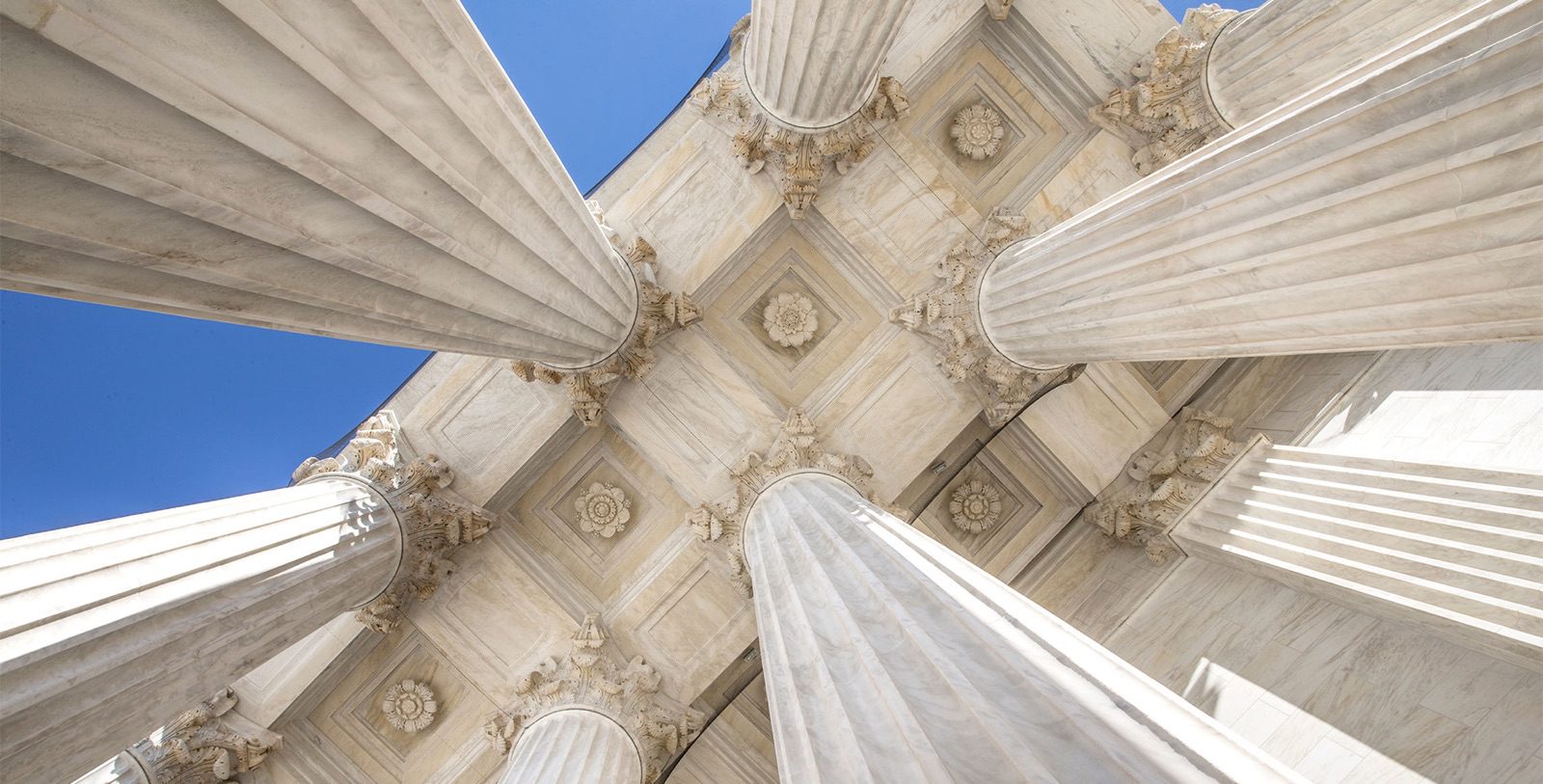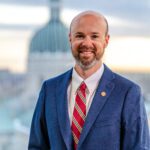Today, the Supreme Court ruled in favor of Trinity Lutheran Church in its fight against unjust discrimination by the state of Missouri.
This case might feel insignificant owing to the fact that the question at stake is whether the state can bar a church from participating in a public welfare program that resurfaces playgrounds just because it’s a church.
The underlying importance on the state’s posture toward religious entities, and the question of how the First Amendment applies given its historical fluctuations on similar cases, makes the Trinity Lutheran case a blockbuster for religious liberty and church-state relations. Christians should rejoice that the Supreme Court sided with robust religious liberty protections over and against attempts by the state to single out religious entities as uniquely undeserving of accessing public goods.
Below are some helpful quotes I’ve compiled from the majority opinion and Justice Gorsuch’s concurring opinion that shows how the Supreme Court reached its decision. Legal citations have been omitted for clarity of reading.
From the majority opinion authored by Chief Justice Roberts:
Applying that basic principle, this Court has repeatedly confirmed that denying a generally available benefit solely on account of religious identity imposes a penalty on the free exercise of religion that can be justified only by a state interest “of the highest order.” (6)
Like the disqualification statute in McDaniel, the Department’s policy puts Trinity Lutheran to a choice: It may participate in an otherwise available benefit program or remain a religious institution. Of course, Trinity Lutheran is free to continue operating as a church, just as McDaniel was free to continue being a minister. But that freedom comes at the cost of automatic and absolute exclusion from the benefits of a public program for which the Center is otherwise fully qualified. And when the State conditions a benefit in this way, McDaniel says plainly that the State has punished the free exercise of religion: “To condition the availability of benefits . . . upon [a recipient’s] willingness to . . . surrender his religiously impelled [status] effectively penalizes the free exercise of his constitutional liberties.” (10)
It is true the Department has not criminalized the way Trinity Lutheran worships or told the Church that it cannot subscribe to a certain view of the Gospel. But, as the Department itself acknowledges, the Free Exercise Clause protects against “indirect coercion or penalties on the free exercise of religion, not just outright prohibitions.” (11)
Trinity Lutheran is not claiming any entitlement to a subsidy. It instead asserts a right to participate in a government benefit program without having to disavow its religious character. The “imposition of such a condition upon even a gratuitous benefit inevitably deter[s] or dis- courage[s] the exercise of First Amendment rights.” (11)
In this case, there is no dispute that Trinity Lutheran is put to the choice between being a church and receiving a government benefit. The rule is simple: No churches need apply. (13-14)
The Missouri Department of Natural Resources has not subjected anyone to chains or torture on account of religion. And the result of the State’s policy is nothing so dramatic as the denial of political office. The consequence is, in all likelihood, a few extra scraped knees. But the exclusion of Trinity Lutheran from a public benefit for which it is otherwise qualified, solely because it is a church, is odious to our Constitution all the same, and cannot stand. (15)
From Justice Gorsuch’s concurring opinion:
First, the Court leaves open the possibility a useful distinction might be drawn between laws that discriminate on the basis of religious status and religious use. See ante, at 12. Respectfully, I harbor doubts about the stability of such a line. Does a religious man say grace before dinner? Or does a man begin his meal in a religious manner? Is it a religious group that built the playground? Or did a group build the playground so it might be used to advance a religious mission? The distinction blurs in much the same way the line between acts and omissions can blur when stared at too long, leaving us to ask (for example) whether the man who drowns by awaiting the incoming tide does so by act (coming upon the sea) or omission (allowing the sea to come upon him). (1)
Neither do I see why the First Amendment’s Free Exercise Clause should care. After all, that Clause guarantees the free exercise of religion, not just the right to inward belief (or status). And this Court has long explained that government may not “devise mechanisms, overt or disguised, designed to persecute or oppress a religion or its practices.” Generally the government may not force people to choose between participation in a public program and their right to free exercise of religion. I don’t see why it should matter whether we describe that benefit, say, as closed to Lutherans (status) or closed to people who do Lutheran things (use). It is free exercise either way. (2)










